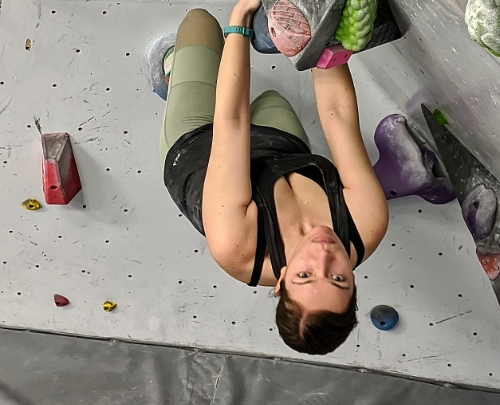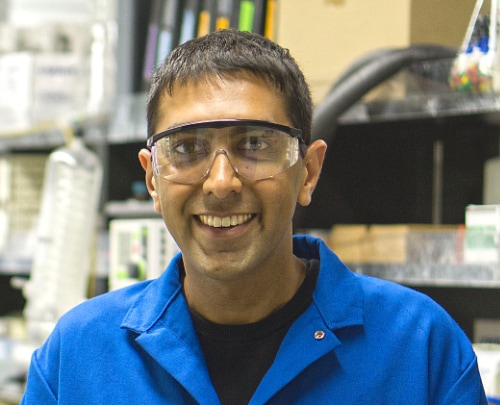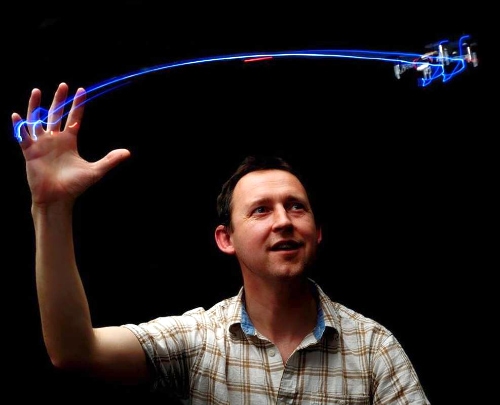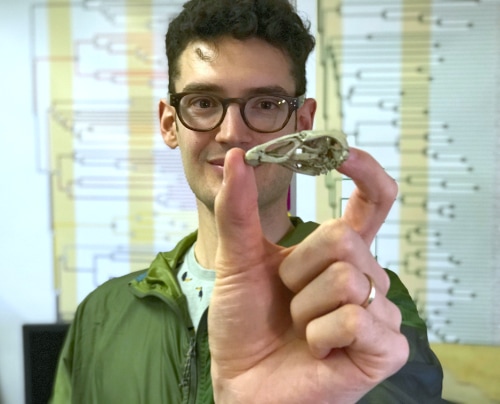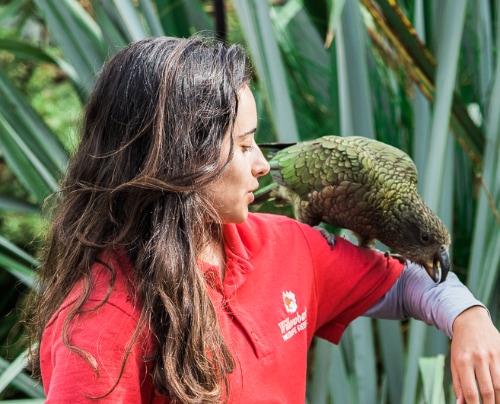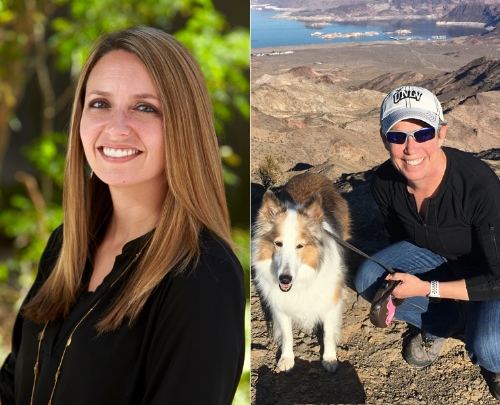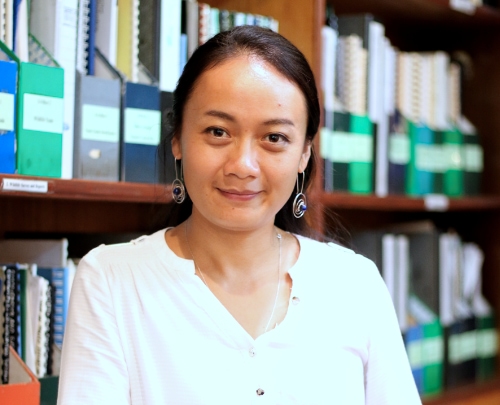4
Aug 2020
How do our brains respond when people behave in unpredictable ways? In episode 80, Jordan Theriault from Northeastern University discusses his research into a set of brain regions which, when activated by a variety of social tasks, can provide insights into how we judge the moral objectivity or su......
21
Jul 2020
What's that on your breath? In episode 79 of Parsing Science we talk with Neil Garg from UCLA about his research into the fundamental chemistry necessary for the creation of a small, electronic test of marijuana that works by way of a simple electrochemical oxidation process similar to that used i......
7
Jul 2020
What if mosquitos weren't just annoying bugs, but instead were bio-inspiring features? In episode 78, we talk with Richard Bomphrey from the University of London’s Royal Veterinary College about how mosquitoes can detect surfaces using the airflow caused by the movement of their own wings … and th...
23
Jun 2020
What impact did Black politicians have during the Reconstruction? In episode 77, Trevon Logan from The Ohio State University's Department of Economics discusses his research into the election of Black politicians after the Civil War ended in 1865, which led to increased tax revenues that were put ......
9
Jun 2020
Why do some of us choose to remain ignorant of information that - though perhaps unpleasant - could help us make better informed decisions in the future? In episode 76, Emily Ho from Northwestern University’s Department of Medical Social Sciences discusses her research into why we keep our heads i...
26
May 2020
Might a 66.7-million-year-old "turducken" be the world's oldest bird? In episode 75, Daniel Field from the Department of Earth Sciences at the University of Cambridge discusses his research into a bird that mashes up features from chickens, turkeys, and ducks. Its fossil provides the best evidence......
12
May 2020
Very few animals can combine information to adjust their predictions in a flexible way by using domain-general intelligence as humans do. In episode 74, Amalia Bastos from the University of Auckland discusses her research demonstrating that kea parrots can make predictions based in probabilities, ......
29
Apr 2020
Are drivers of more expensive cars really the jerks we make them out to be? In Episode 73, Courtney Coughenour and Jennifer Pharr from the University of Nevada, Las Vegas discuss their research into what differentiates drivers who are likely to yield for pedestrians in crosswalks from those who do...
14
Apr 2020
Are wild tigers now extinct in Laos? In episode 72, Akchousanh "Akchou" Rasphone from Oxford's Wildlife Conservation Research Unit discusses her research which concludes that improvised snares appear to have decimated the country's wild tiger population, a species whose worldwide population is now......
31
Mar 2020
Why is it that we treat various species of animals so differently? In episode 71, Veronica Sevillano with the Autonomous University of Madrid discusses her research applying social psychology and conservation biology to understand the relationships people have with animals. Her chapter, "Animals a...

